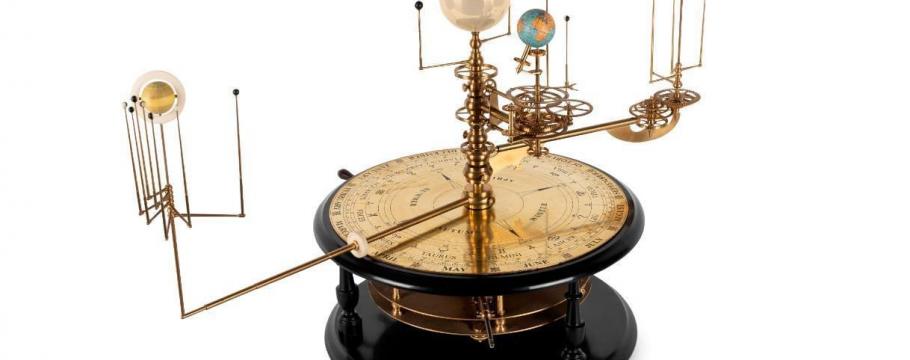
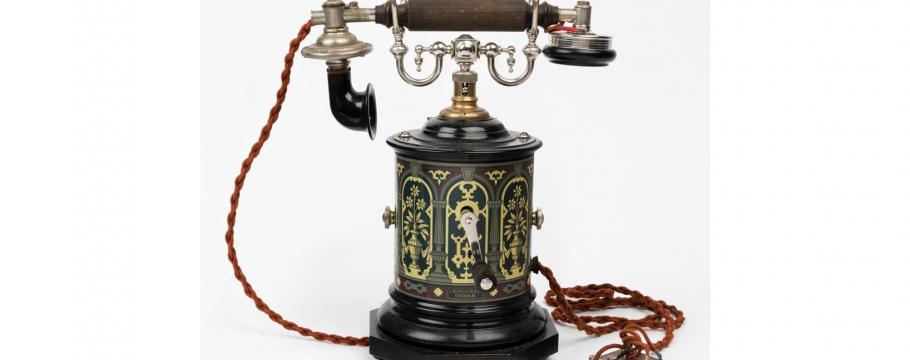

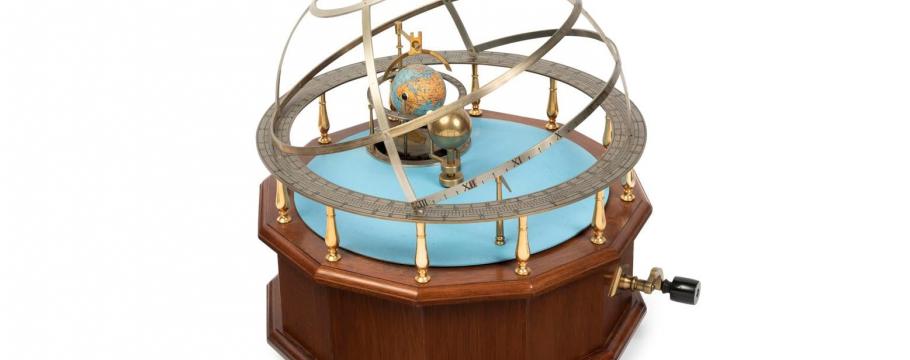
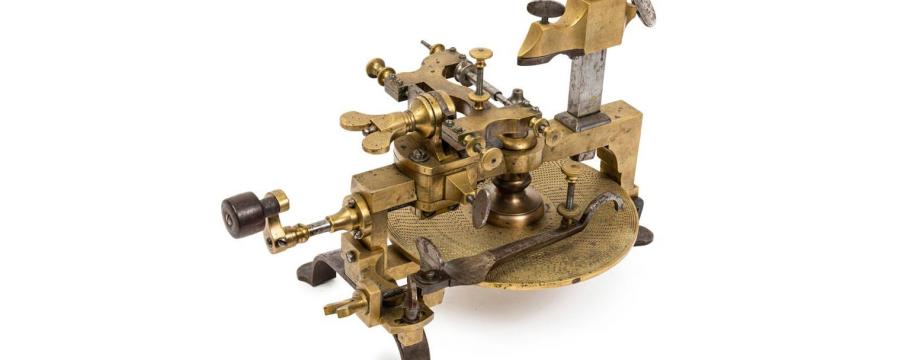
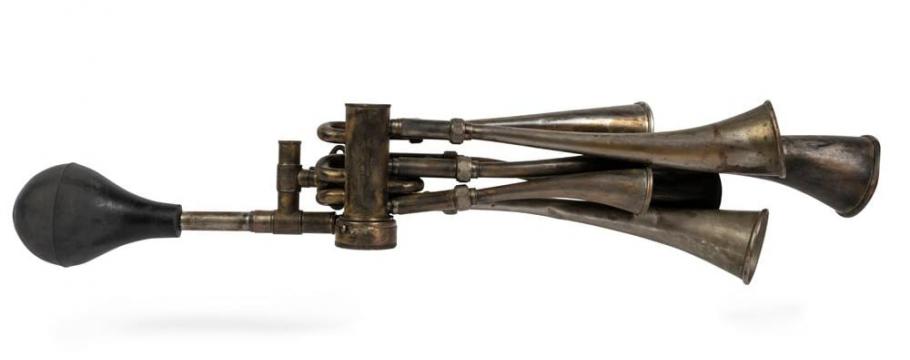
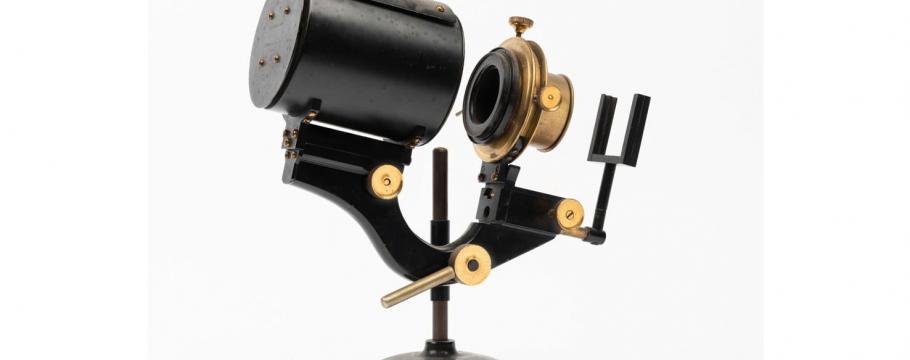
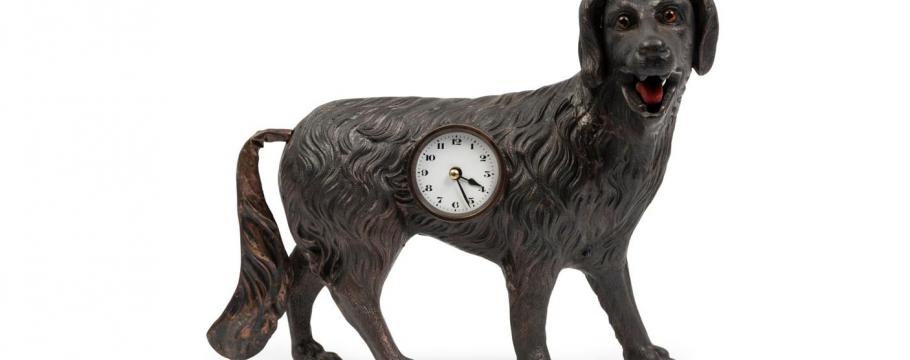
Hungarian refugee uses his engineering skills to amass a collection worthy of a special auction
Author: Richard Brewster | Posted: 4th July, 2021
When George Gyori arrived in 1957 in Australia as a 19-year-old Hungarian refugee courtesy of the Red Cross, he probably never believed that he would end up with a massive collection of Australian, maritime and exploration memorabilia – let alone clocks, watches and the tools with which to make them.
George trained as an engineer and in 1963 started his own general engineering business. However, he had always had a hankering for wristwatches that his Hungarian family could never afford.
But it was different in Australia and his business success meant he could then buy the watches of which he had always dreamed and this soon expanded to clocks, their mechanics and workmanship and from there to scientific instruments.
Between 1960 and 1980, George regularly visited Sunday markets and metal merchants to add to his collection and, when that proved too difficult, turned his engineering skills to making perfect replicas of the items he could no longer obtain.
For the first time, auction goers can see first-hand the results of his work and collecting skills when Melbourne-based Gibson’s Auctions offers the 742-lot collection for sale from 11am Sunday July 11 at 885-889 High Street, Armadale.
The highlight of the collection is a limited edition Grand Orrery (lot 12) made by George – one of several scientific instruments to which he turned his considerable expertise.
With a catalogue estimate of $15,000-$20,000, this is a classic example of the mechanical model that replicates the orbits around the Sun of planets in the solar system, the first modern version of which was produced in 1704.
The earliest known clockwork technology was the Greek made Antikythera mechanism from 87 BC. According to records and mythology, many ancient cultures were familiar with clock mechanisms – knowledge lost during the Dark Ages and that did not re-emerge in Europe until the 14th century.
The auction example is an astrological piece popularised during the Age of Enlightenment, an intellectual movement that dominated European culture in the 17th and 18th centuries.
Other technology pieces built by George Gyori include a half -size Grand Orrery (lot 6), a replica LM Ericsson Biscuit Barrel telephone (lot 9) and replica Spider telephone (lot 10), an astrolabe orrery (lot 8) and a small cased lawn bowl orrery (lot 2).
George’s clock making skills are on display with items like lot 5, a 19th century-style fusee skeleton clock under a dome, while a 17th century polished brass horizontal table clock (lot 18) is a great example of early European technology.
There are several good examples of 19th century watchmaker’s gear cutting engines, including lots 19 to 24, and watchmaker’s topping tools (lots 29-31 and 50-52).
A boxed brass equinoctial sundial (lot 64) by London’s F.L. West is another attraction while a late 19th century French Le Testaphone six pipe car horn (lot 172) is certainly worth a closer look, particularly for classic car buffs.
Also intriguing is a circa 1880 vintage brass mounted black metal magic lantern (lot 177) and a 19th century German cast iron animated dog clock (lot 327).
The auction also contains a comprehensive range of Australian pottery, art, historic photographs and jewellery.





